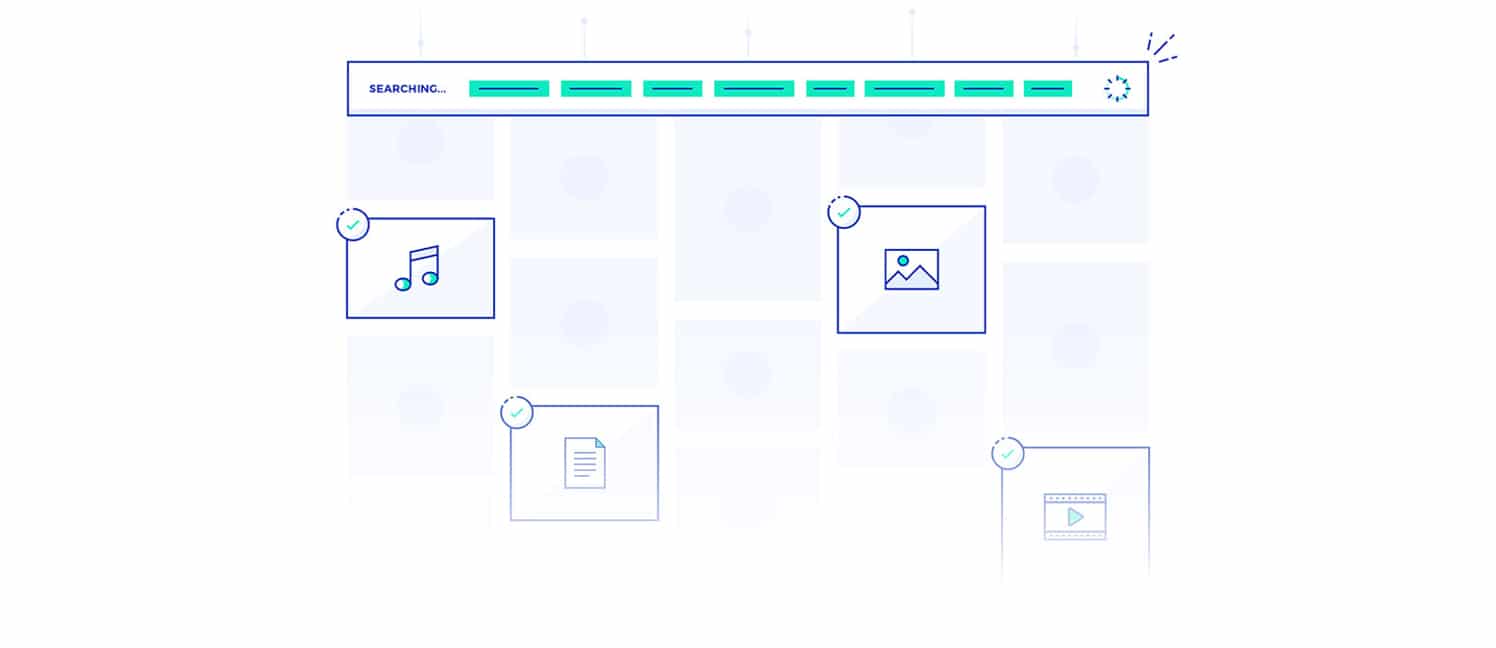According to McKinsey, companies that effectively conduct B2B Content Audit in Content Marketing are 1.5 times more likely to achieve above-average growth rates than their peers. This may be due, in part, to the realization that a content audit is one of the most effective ways to diagnose and improve your content marketing program. This article will discuss a content audit and why it is essential.
Consider all the content gathered, assembled, and created by businesses to market their services and products published on the web. How is the content assessed? What are the metrics calculated? Which content is to be pruned or removed? Businesses must create a strategic framework for content curation and the time allotted for each activity. The time spent must be justified with results.
Services or utilities that offer content audits are a boon to B2B businesses to focus on improving their productivity in other business areas entirely. If you are looking for ways and means to use the digital landscape to advance your business utility, going for a B2B content audit can be one big step towards it.
Relevance of Content Audit in B2B Marketing
B2B businesses have various content to showcase their expertise and services, from service catalogs, case studies, newsletters, social media content, etc. At each checkpoint, the content marketers must take note of the following questions:
- Which content needs to be reformed and reused?
- What is relevant content to be added further?
- Should the medium used to communicate the content be changed? (Apart from written content such as videos and infographics)
What is B2B content auditing?
A B2B content audit involves analyzing and evaluating the existing website content to gain comprehensive knowledge on its further creation, updating, or deletion to ensure high-quality content. For B2B content audit, the content should be written, considering the end user is a business, not an individual. The audit should cover this aspect.
The process involves assessing website resources, including blogs, articles, print magazines, infographics, and other relevant content types. The goal is to drive traffic and generate sales leads. A content audit can help you understand what’s working and what’s not and identify areas that need improvement.
Importance of B2B Audit
A content audit is documentation of everything on your website. It provides information about the different pages and posts, keywords, technical SEO issues, and user experience issues. The primary purpose of a content audit is to provide your company with insights into how the current site compares to its competitors and what needs to be changed with priority. A content audit is important because it lets you see what’s working, what isn’t, and how many resources are needed to improve your site. It also gives you backlinks necessary for improving your search engine position.
How is a B2B Audit Different from a Standard Content Audit?
There are several ways a B2B audit can differ from standard content audits. For example, instead of checking for just spelling errors and factual inaccuracies like you would do with text-based media such as blog posts or website pages, the focus here will be on those aspects specific to business buyers who use these types of documents when making purchasing decisions (e.g., product descriptions).
Why Go for A B2B Content Audit?
A B2B audit is a specific content audit focusing on the website’s purpose for its target audience rather than the organization’s perspective. A B2B website’s content should match buyer users’ information needs and expectations because users are typically smaller or medium-sized businesses.
B2B content marketing is not restricted to creating and publishing content. Understanding analytics to study the impact of the content and editing it based on its performance is key to its success. If it fails to reach the right audience or entertains less with old features, your business is doomed to gain less popularity among the audience.
Content marketing with frequent content audit checks throughout the process is beneficial as they help:
- Determine issues in your content
- Identify opportunities to repurpose content
- Evaluate the quality of content and the topic clusters
- Diagnose gaps in the content
- Gain insights on how your content is performing
- Identify and leverage the content, format, and medium types that deliver optimum results
- Update relevant content based on accurate and current information
- Remove content that is not significant anymore
- Upgrade SEO techniques, keywords, and ranking strategies
- Make informed decisions based on data-driven reports
- Understand audience preferences and needs
- Maintain the relevant content and marketing strategies with tested methods
Steps to Run A Content Audit
- Define the objectives
Keeping the audit goals clear with predefined metrics is the first step to performing a successful content audit. Focused and defined objectives imply finding suitable content for the audience, improving SEO strategies, and tracking website traffic. Defining goals initially helps account for updated content marketing strategies and tactics.
- Collating the required data
Maintain a single source of a repository. Gather the content assets to an inventory with the required URLs in spreadsheets or Excel. The URLs you intend to run a content audit for can be categorized separately to correlate outdated and new content to discard irrelevant content easily.
- Identifying the type of content
Typically, the content can be of any type, and which category it falls under impacts the audit run. For example, details to be retrieved for website content involve meta descriptions, infographics, launch dates, and the latest updates.
- Organize and analyze the content.
Critical assessment of content gives a factual description by pondering on specific vital points such as:
- Relevant content to be added with changing trends and needs of the target audience.
- Irrelevant content to be removed.
- Content that performs well to be repurposed and used in critical areas.
- Create an audit framework.
Plan and prioritize the required actions for editing and updating through a framework to be completed within the stipulated timeline.
B2B Website Audit
A B2B Website Audit is similar to a B2B content audit, where the audit runs are performed for higher-performance websites to be easily accessible by search engines. Various factors determine the website functions, and some of them are:
- Website Traffic
- Search rankings
- Search Visibility
- Click-through rate
Overcoming Issues in B2B Website Audits
Some standard errors during content creation processes are identified during the B2B Website audits. Keeping the following missteps in mind is essential to avoid typical errors from sidelining your website amidst competition:
- Failing to convey the message to the audience directly
Promote the products and services directly, balancing the marketing and advertising features. Keep the target audience’s needs in mind and be gentle with communicating how to serve them better.
- Complex navigation features
Pages that take longer load times should be taken offline. An easy-to-use and easy-to-find catalog of products and services wins your customers’ hearts.
- CTAs with poor prompts
CTAs should be easily discoverable with the right action items for the customer on their next step. Have clear buttons that take the audience to your website or sign-up forms.
- Little or less information
Provide as much relevant information as your audience seeks. Resources like blog posts or case studies throw information on the services your audience might be looking for. The data gathered in the awareness stage instigates customers to buy a product or service.
- Contact information that takes a long time
Sign-up or registration forms that ask for too much information can result in higher bounce rates.
Meet The Future of Content Marketing – ContentGo
Are you seeking experts who can optimize your content and enhance business KPIs? Ready to reap the full benefits of B2B content and website audits to fulfill your customer needs?
ContentGo is all set up with professionals with proven expertise in content marketing. Sign up to avail yourself of the cloud-based services. Gain business momentum by identifying and remodelling the content for your business.












